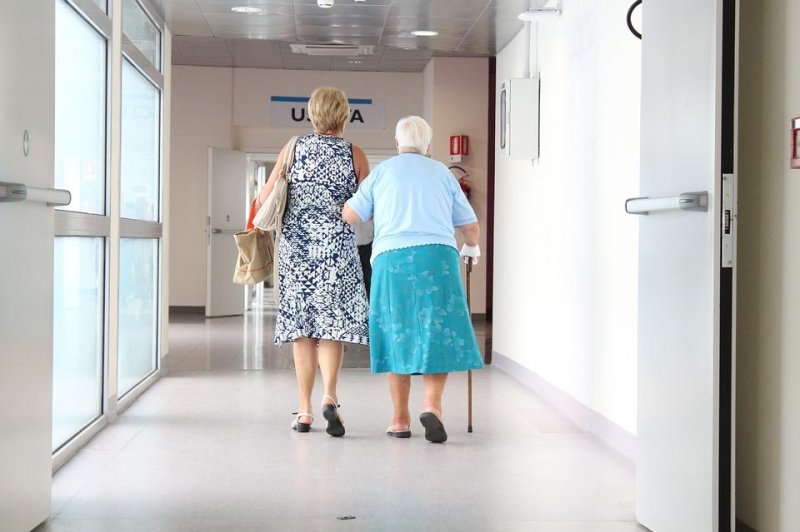Research suggests that the risk of bone fracture in the elderly may be genetic and hereditary. Photo by
sarcifilippo/PixaBay
July 19 (UPI) -- A new study suggests that genetics and heredity may play a role in predicting a person's long-term risk for bone fracture.
The study, published July 18 in the Journal of Bone and Mineral Research, found that bone strength may be inherited and its genetic determinants may be shared with bone mineral density.
Researchers analyzed data from the Study of Osteoporotic Fractures, which assessed bone mineral density and risk factors in 7,959 women over age 67 from 1988 to 1990 with follow-ups for hip fractures for 25 years and for any non-vertebral fracture for 20 years.
Prior studies only followed patients for fractures from five to 10 years.
Researchers looked at femoral neck bone mineral density, fracture history and age, as well as 20-25 year fracture incidence.
"Having high resolution three-dimensional images allowed us to estimate the strength of the bone, called failure load, using a technique called micro-finite element analysis," Dr. Douglas Kiel, senior author of the study, said in a press release. "We were able to then determine that actual bone strength is an inherited measurement. Future genetic studies of bone can use this measure to learn about genes that are important to skeletal health."
The study found the 25-year cumulative incidence of hip fracture was 17.9 percent and the 20-year incidence of any non-vertebral fracture was 46.2 percent.
The incidence of hip fracture after 25 years was highest in those 80 years or older at 22.6 percent compared to women less than 70 with 13.9 percent.
Researchers found a single femoral neck bone mineral density measurement was a strong predictor of long-term hip fracture risk up to 25 years.
Fracture history also was a strong predictor of future fracture up to 25 years. Long-term risk of hip fracture was extremely high in the highest age group.
Based on the results, researchers are urging the use of fracture history and a single bone mineral density test can predict future fracture risk over the long term.















